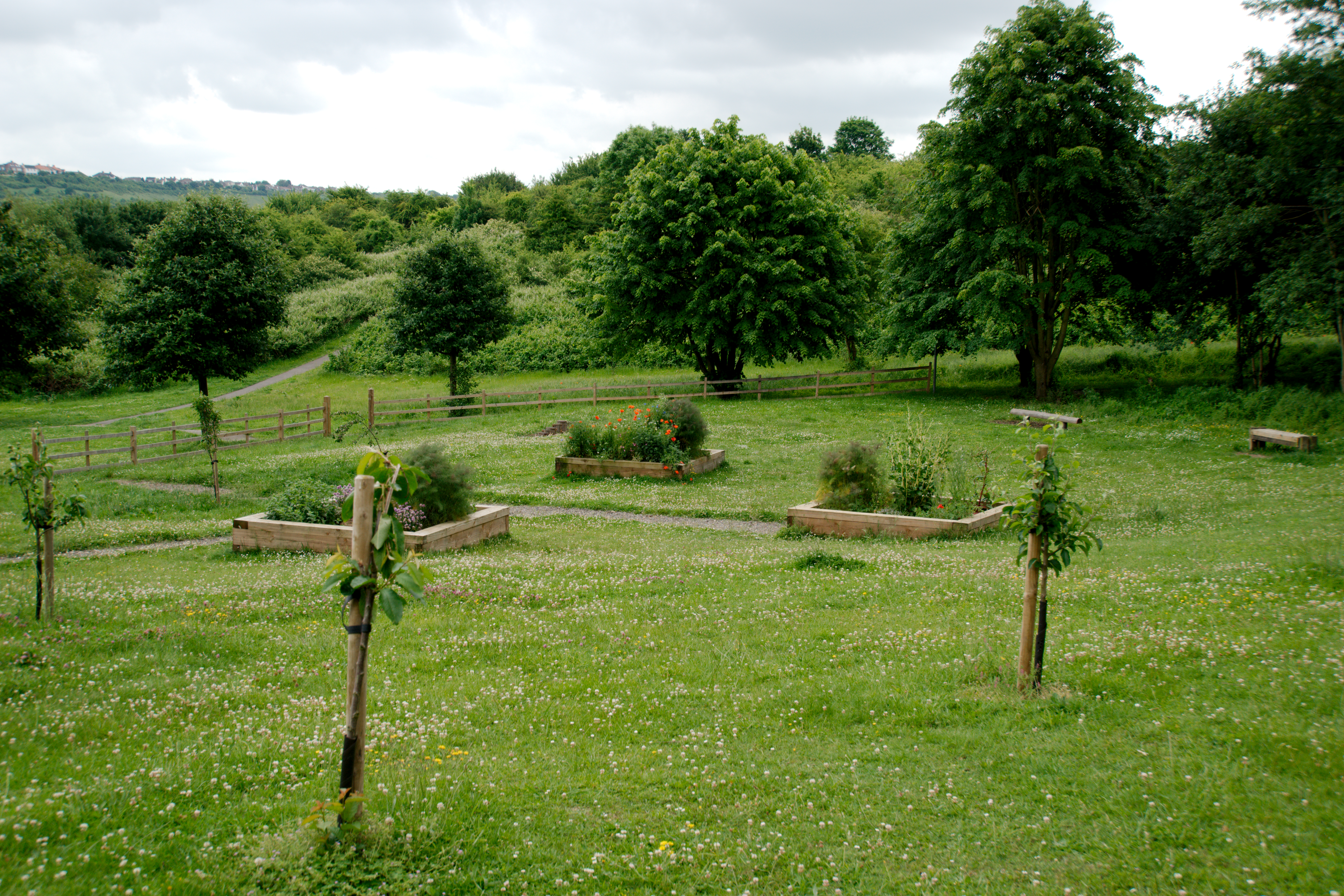
Pocket park project in Arches Local area of Chatham: residents at first thought park would be vandalised
Five years ago, the Big Lottery Fund launched Big Local, an ambitious and pioneering experiment in new approaches to place-based funding.
One hundred and 50 communities across the country were selected to each receive £1m to spend on improving their areas over a 10 year timeframe, the only significant proviso being that they organise themselves into locally-led partnerships and develop a shared plan for their neighbourhood.
As the Big Local communities move from planning to delivery, at Local Trust we’re beginning to see the lessons emerging from these pioneering neighbourhoods that we support.
A recent report from LGiU and Local Trust showcases examples from the Big Local programme and beyond of how councillors and local residents are forging new and more open ways of working together.
We’re seeing the potential offered by place-based funding models that put residents in control, and how this can support positive collaboration between communities and town halls at a local level.
The Arches Local area, which sits within new civil society minister Tracey Crouch’s constituency in Chatham, is one of the examples highlighted in the report.
With support from their local councillors, a group of local residents spearheading delivery of their Big Local plan won funding to support a pocket park project in a particularly deprived neighbourhood in their area.
When the group started working on planting new trees in the park, people came out of nearby houses to tell them not to bother, believing - on the basis of past experience - that the park would only be vandalised.
Later, there was indeed a call to say that vandals had uprooted the trees and broken the new fence.
But by the time assistance arrived, there was no problem to be seen.
The local community had already replanted the trees and mended the fence.
Because the Big Local group got many residents very involved in the process of designing the park and doing the new planting, people were willing to volunteer to maintain it, as they felt ownership of the space in a way that they may not have if it had been a council-run space.
When it came to the opening of the park, councillors helped by linking the project with local CCGs, the press and other groups, and what had been abandoned waste ground is now a well-used space.
Whilst a pocket park in Chatham is an initiative whose impact is largely local to its immediate neighbourhood, the Arches Local’s growing and maturing relationship with its local authority partners provide wider lessons.
Collaborative relationships can help share responsibility more effectively between residents and local authorities and in the process deliver outcomes more effectively for both.
Increasingly, we’re seeing that experience repeated across Big Local areas, with resident-led community projects offering value well beyond the initial investment placed in them.
Pioneering local councils and councillors are recognising the value and importance of a more empowering and open way of working with residents.
As the LGiU Community Collaboration report makes clear, it’s not just about funding resident-led projects.
Putting community collaboration into practice requires mutual understanding of the need for a radical shift in relationship between council and residents.
Collaboration goes beyond consultation or representation.
Increasingly it will also encompass transfers of responsibility and the ceding of decision making – something at the heart of many of the most successful Big Local areas.
Where that’s done right, it can turn cynicism into energy, unleash local creativity and more effectively manage pressures on town hall budgets.
It may also provide a route towards rebuilding trust in local government itself.



















